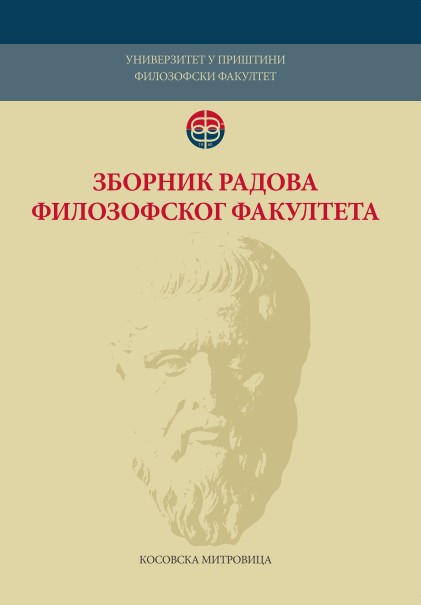Истраживање етнокултурних стереотипа на примеру стимулуса Турци и Турчин у асоцијативном тесту
An analysis of ethnocultural stereotypes: The stimuli Turks and Turk in an association test
Author(s): Ivana GligorijevićSubject(s): Language studies, Language and Literature Studies, Turkic languages
Published by: Филозофски факултет, Универзитет у Приштини
Keywords: Verbal associations; Association Test; Turks; Turk; ethnocultural stereotypes; Serbian language
Summary/Abstract: This paper explores Serbian ethnocultural stereotypes about Turkish people. We have analyzed Serbian language speakers' verbal associations to the lexemes Turks and Turk. Verbal associations were collected in an association test, which was taken by 654 respondents, in an online survey. The participants were required to respond to each of the stimuli, with one or more words that first come to their mind. The two stimuli have evoked a total of 1,476 reactions (Turks: 742; Turk 734), which were sorted by frequency and analyzed by various criteria. The results have shown that the collected reactions can be classified into the following thematic groups, whose segments may overlap partially: history of Turks, common history of Serbs and Turks, physical appearance, clothing, professions, food and drink, smoking, warfare, religion, TV series, as well as other smaller groups. Various positive and negative adjectives and picturesque expressions about the Turks have been analyzed. The most frequent of them can be classified into the following categories: hygiene, attitude towards others, degree of development, the way of expressing emotions and character traits. The paper also looks at the results of previous research, while analyzing how etnocultural stereotypes changed over time.
Journal: Зборник радова Филозофског факултета у Приштини
- Issue Year: 50/2020
- Issue No: 1
- Page Range: 129-145
- Page Count: 17
- Language: Serbian

